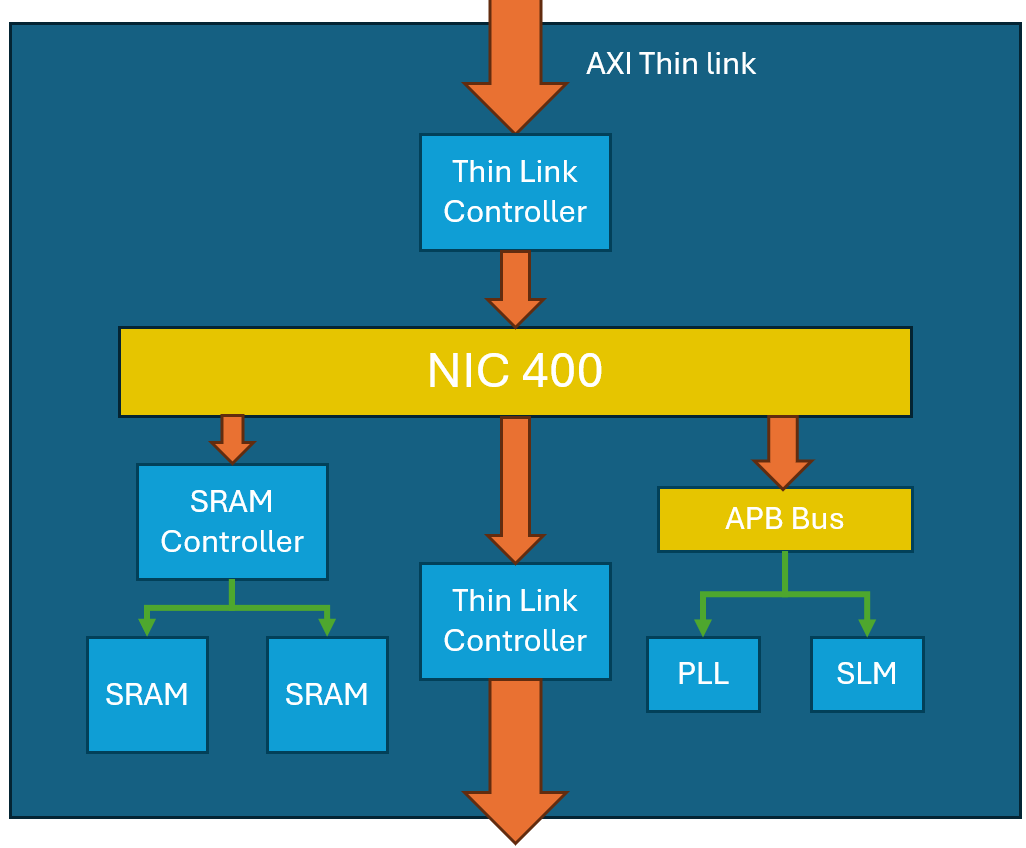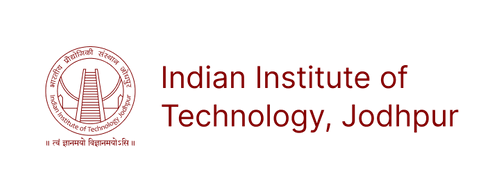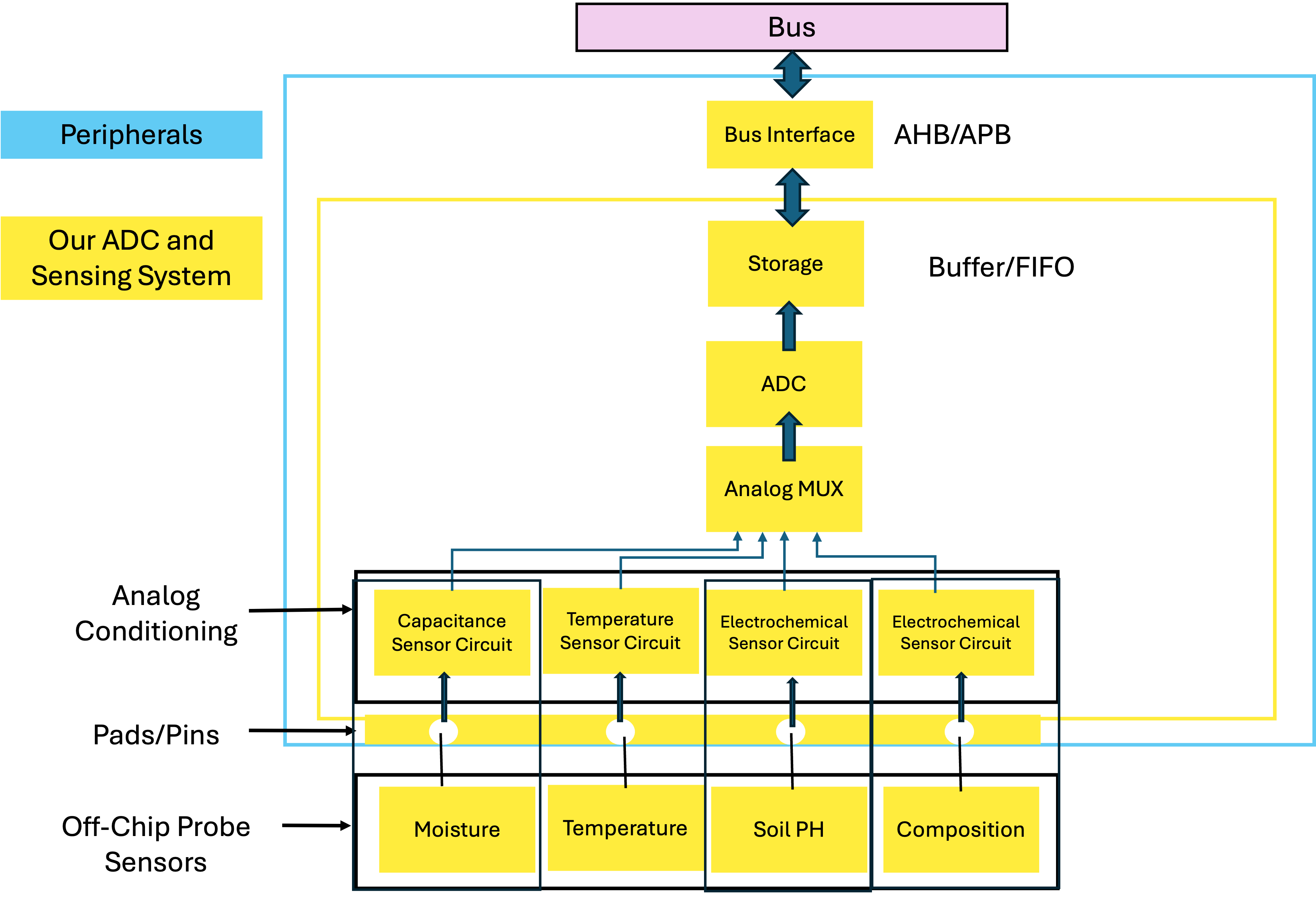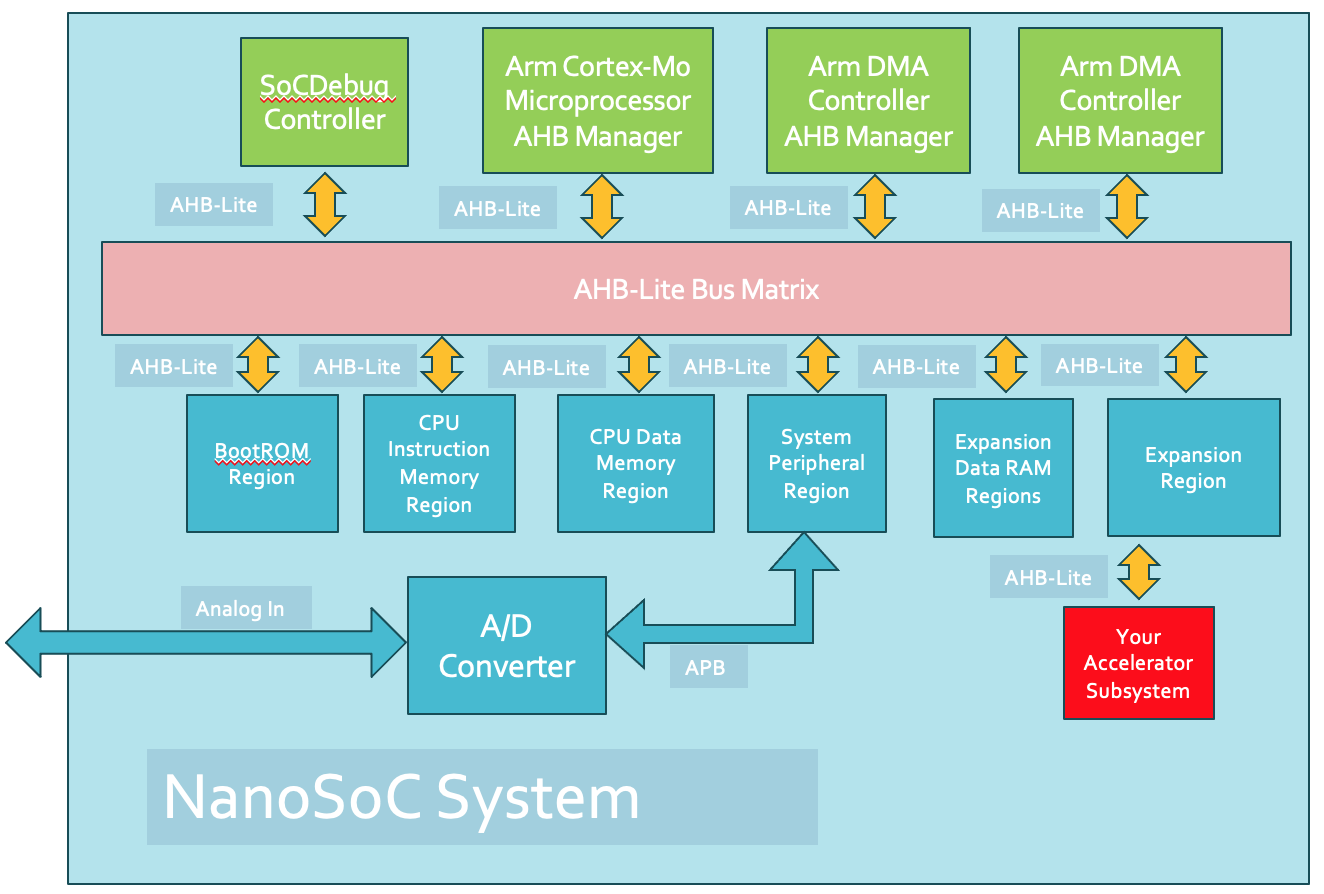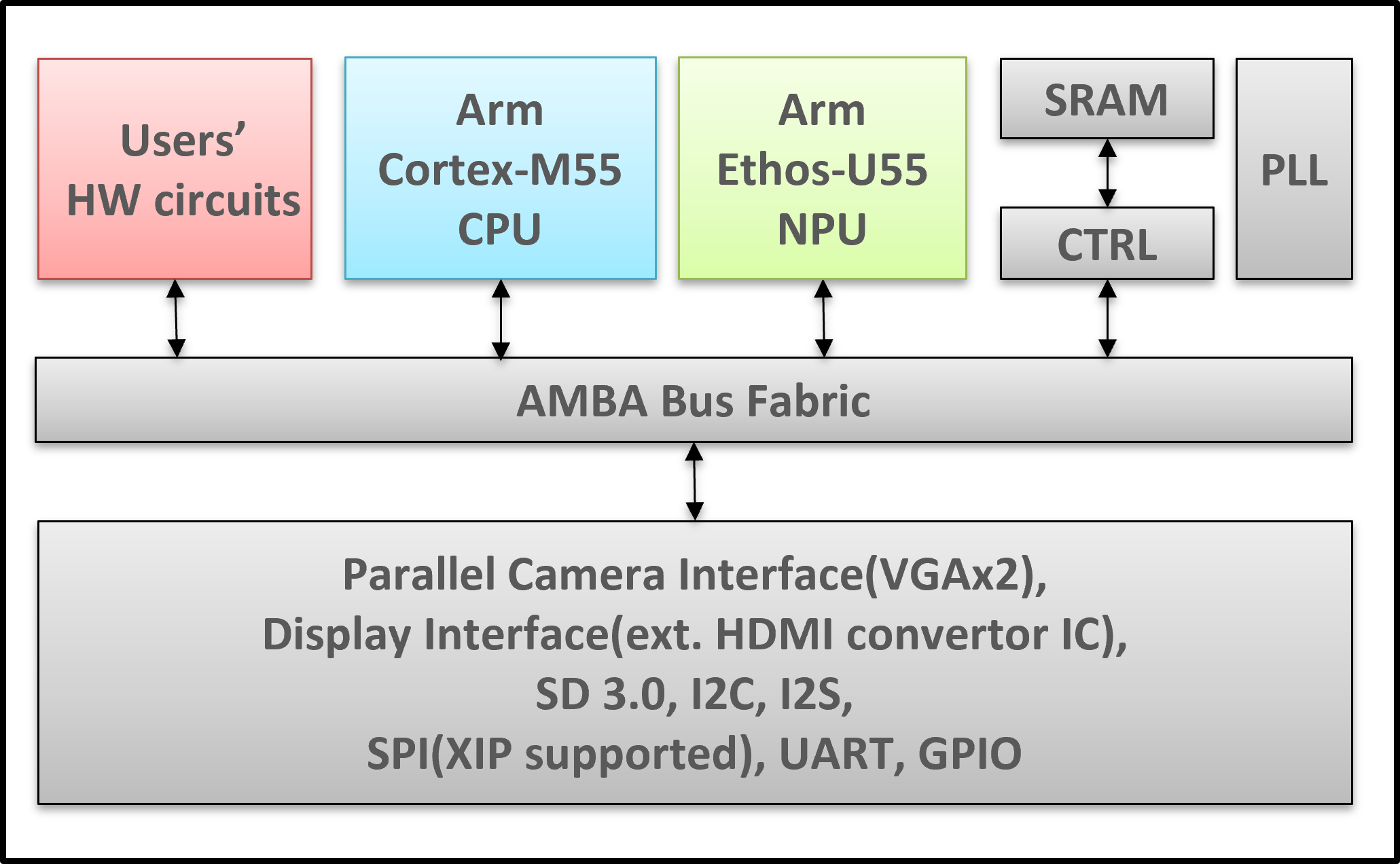
The Arm Cortex-M55 AIoT SoC design platform is an AIoT subsystem that allows custom SoC designers to integrate their hardware circuits and embedded software for differentiation. The platform is developed by TSRI (Taiwan Semiconductor Research Institute) to support academic research on SoC design. It's built on the Arm Corstone-300 reference package, featuring the Cortex-M55 CPU and Ethos-U55 NPU.
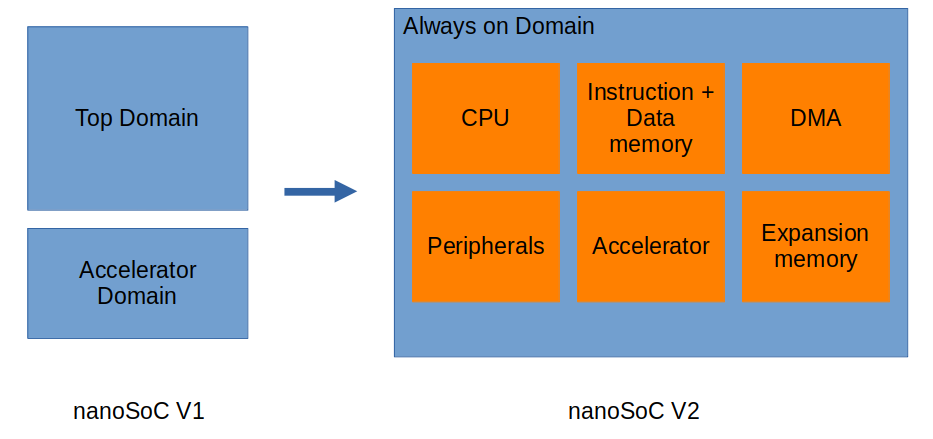

 Daniel Newbrook
Daniel Newbrook
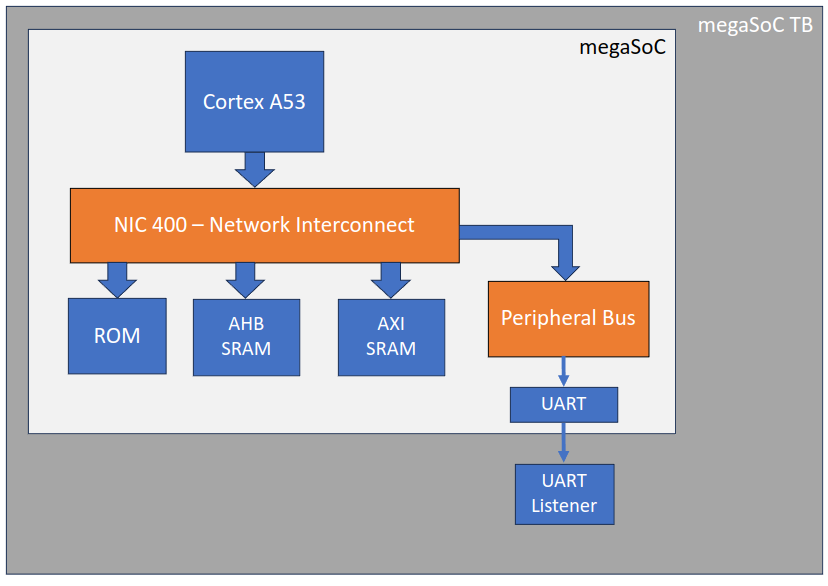

 Srimanth Tenneti
Srimanth Tenneti


 John Darlington
John Darlington


